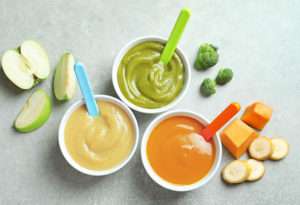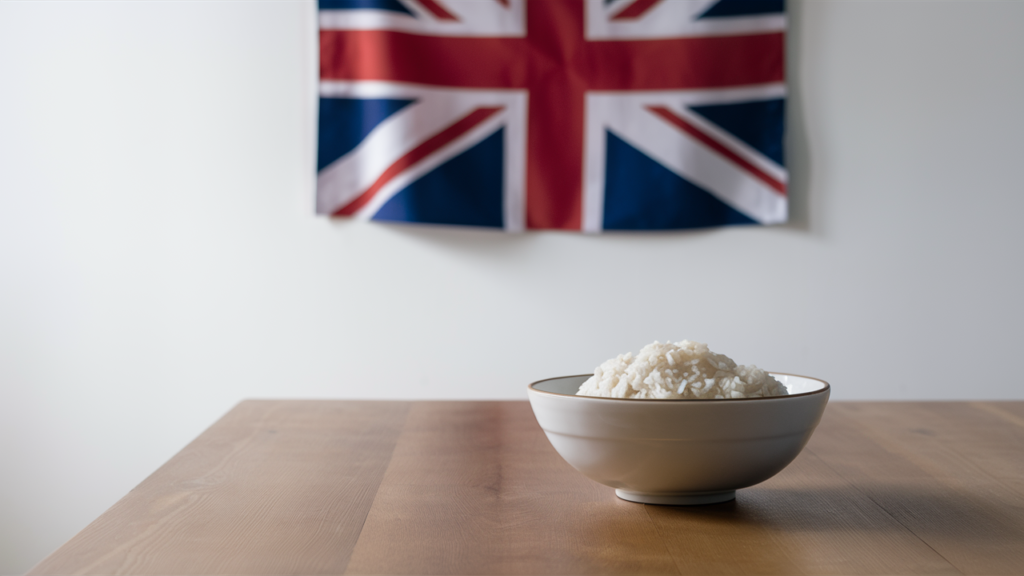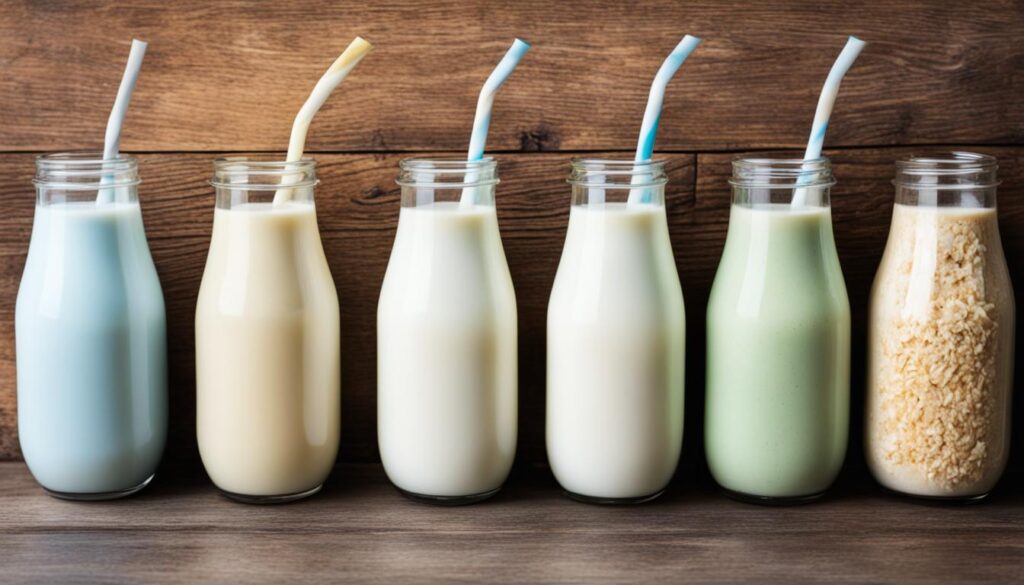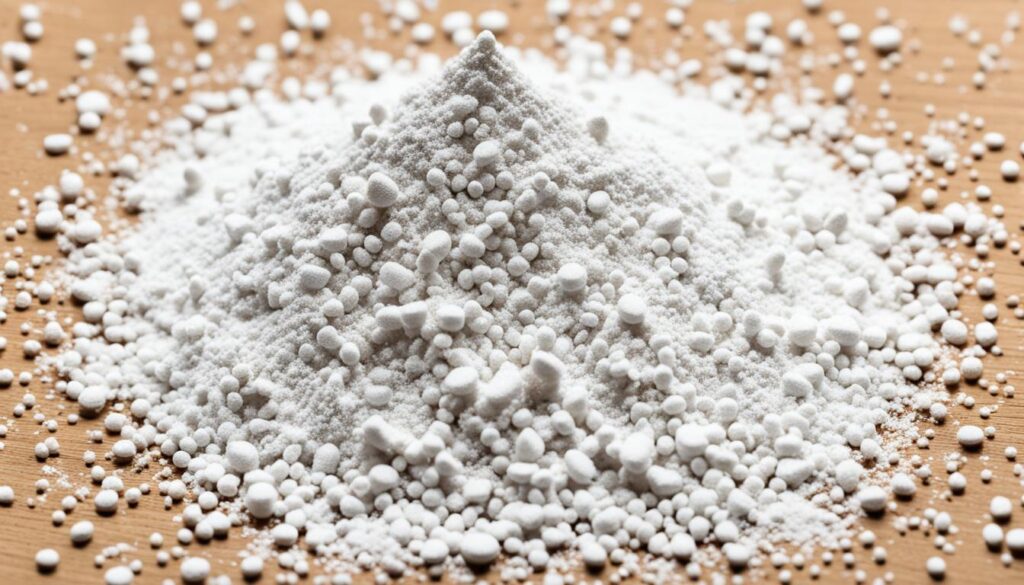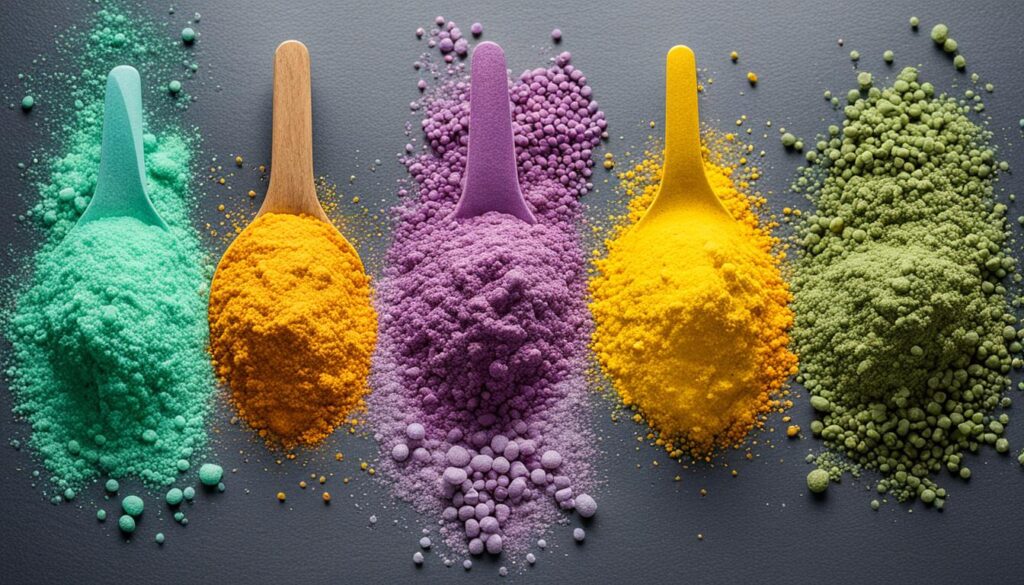Food is one of the most crucial factors for parents when it comes to their infants. Introducing new food at every stage is always the exciting part, especially for mothers. In this article, we will cover what foods to start with and when to start your baby on solid foods.
The basic question is the same for every mother, and that is when to start my baby on solids? The answer to this question depends upon your baby and when he is ready to digest that food. Here we are discussing few signs that might give you a signal that your baby is ready for some solid food.
- He is looking at everything around him and curious – especially what you are eating!
- He can hold his head and can sit upright.
- He still seems to be starving, though getting enough of the milk throughout the day.
- Losing the tongue-thrust reflex and pushes food out of his mouth.
Always be patient about getting your baby on solids. Most of the babies are ready to digest solids between 6-8 months. To avoid any risk, do not take your baby to solids before 4-5 months.
Milk and solid foods
The baby should be at least a year to consider solid foods for him. At that point, the child can switch to whole milk. The whole milk provides necessary nutrition, and your baby will be comfortable digesting it easily. In the beginning, the mothers have to experiment with solid foods that are light on the stomach and works best for their kid. Until your baby is 7-10 months, he will still probably drink the majority of milk to stay full. Training them to get used to the act of eating and learning the texture and taste of foods is one of the problematic parts for parents.
When your little one understands the concept of eating and is interested and excited about mealtime (however, this usually happens between 6-8 months), start him on a food routine for breakfast, lunch and dinner. Even if the child is not hungry at times, he will get the idea about the schedule of eating food. That said, never force or pressurize the child for eating. If he is not interested in eating, just skip that meal and move on.
Setting your child’s mealtime routine
The children from an early age start to learn and observe the surroundings, to understand the environment. They need to focus on everything, and so does on eating. So, start a routine where you wash the hands of your little one, and sit with them to eat, and maintain the calmness. If there is anything noisy around them, turn that off. This will help your baby to properly concentrate on eating, which is good for their learning as well as to recognize the food and knowing when they are full.
Your little one will take time to be comfortable with new sensations and feelings that go along with eating. The not so good part for mothers is that, get ready for messes! Your child will likely be throwing food everywhere – and this common for all of the children and does not necessarily indicate a dislike, so as not to worry about it. Getting food into your baby’s mouth takes practice and coordination for the baby.
Baby’s first solid foods
There are no basic rules for giving solid food to your child, but here are some suggestions that you can adopt and could get a good idea about the food.
Single-grain cereals
- Single grain cereals are fortified with nutrition’s and combined with milk is a good source of early solid food. This will make the baby use to of eating some solids.
Veggies and fruits
- You may have heard that eating fruits before vegetables can cause a lifelong preference for sweet foods, but there’s no research to back that up. So, it’s up to you whether you begin with bananas or carrots, or pureed chicken for that matter.
Single-ingredient finger foods
- Many babies enjoy experimenting themselves with self-feeding, whether you’ve begun with purees or are starting solids just with finger foods. You need to be cautious about never giving any hard food to your child, which is difficult to digest. Make sure that veggies and fruits are soft enough to mash with little pressure between your forefinger and thumb.
- Your little one picks up food with the whole palm at first. So, make sure that a wedge of avocado or mashed potatoes would be easier for him instead of small round-shaped foods.
Solid Foods Not to Give Baby
To be on the safe side, avoid giving these types of foods mentioned below.
- Honey: Botulism, a severe illness in infants could be caused by giving honey, if introduced too early.
- Cow’s Milk: Stick with breast milk as a primary food until your baby is a year old. However, it is fine to use this milk in cooking or baking.
- Popcorns, Nuts, Whole Grapes, and Globs of Nut Butter: These foods are choking hazards.
Conclusion
We hope by now you understand that it is exciting to introduce your little one to solid foods but at the same time you need to be cautious, not to try those solid foods too early that becomes the hurdle for your baby. Always start with natural foods, to make the immune system of your baby stronger. At Shafi GlocoChem, the infant-safe solids consist of a vast array of Maltodextrins, Syrup Solids and Starches that are ultra-refined to reduce even the minutest traces of harmful content. These solids can be easily digested by infants and are pure enough to be used in other applications as well.



